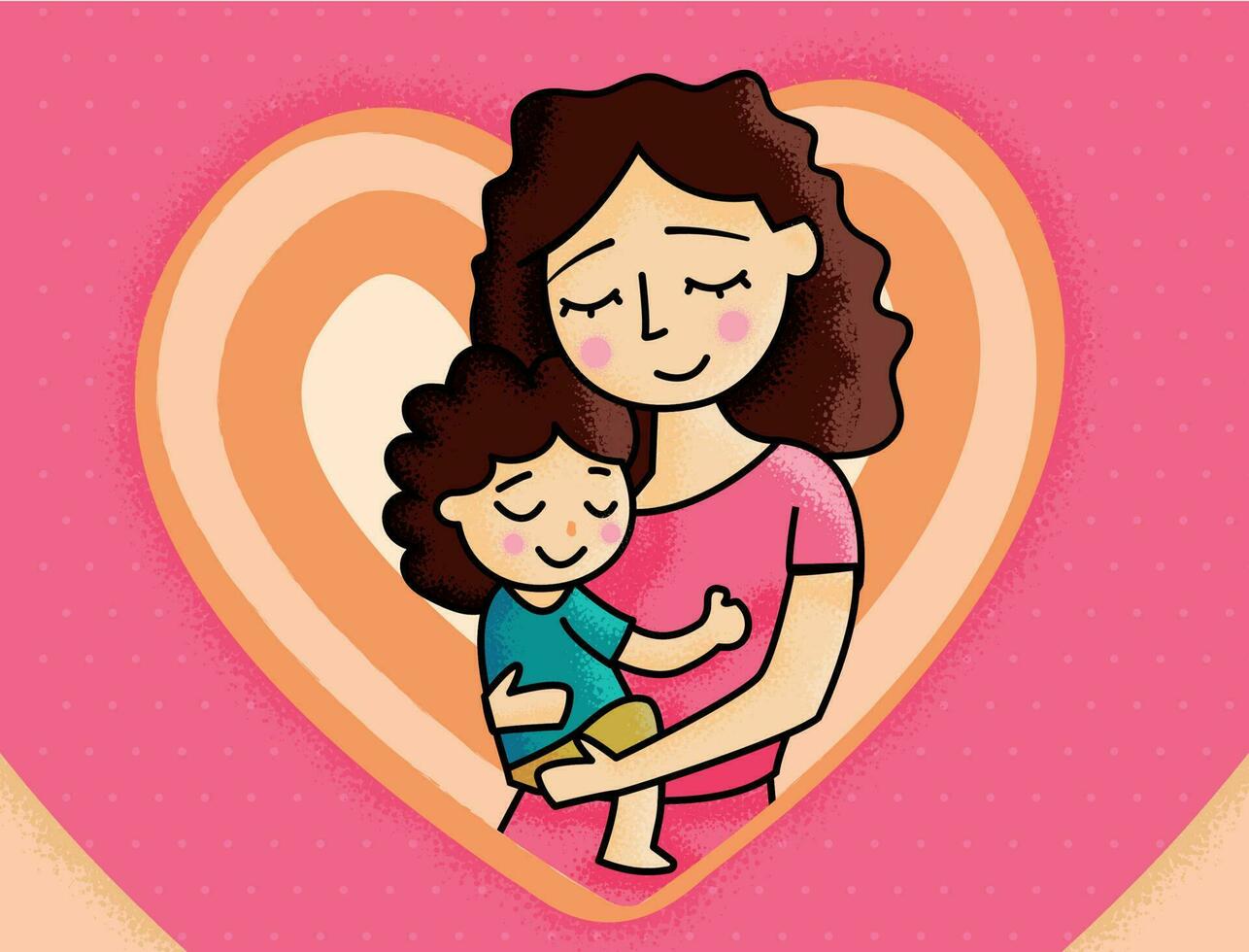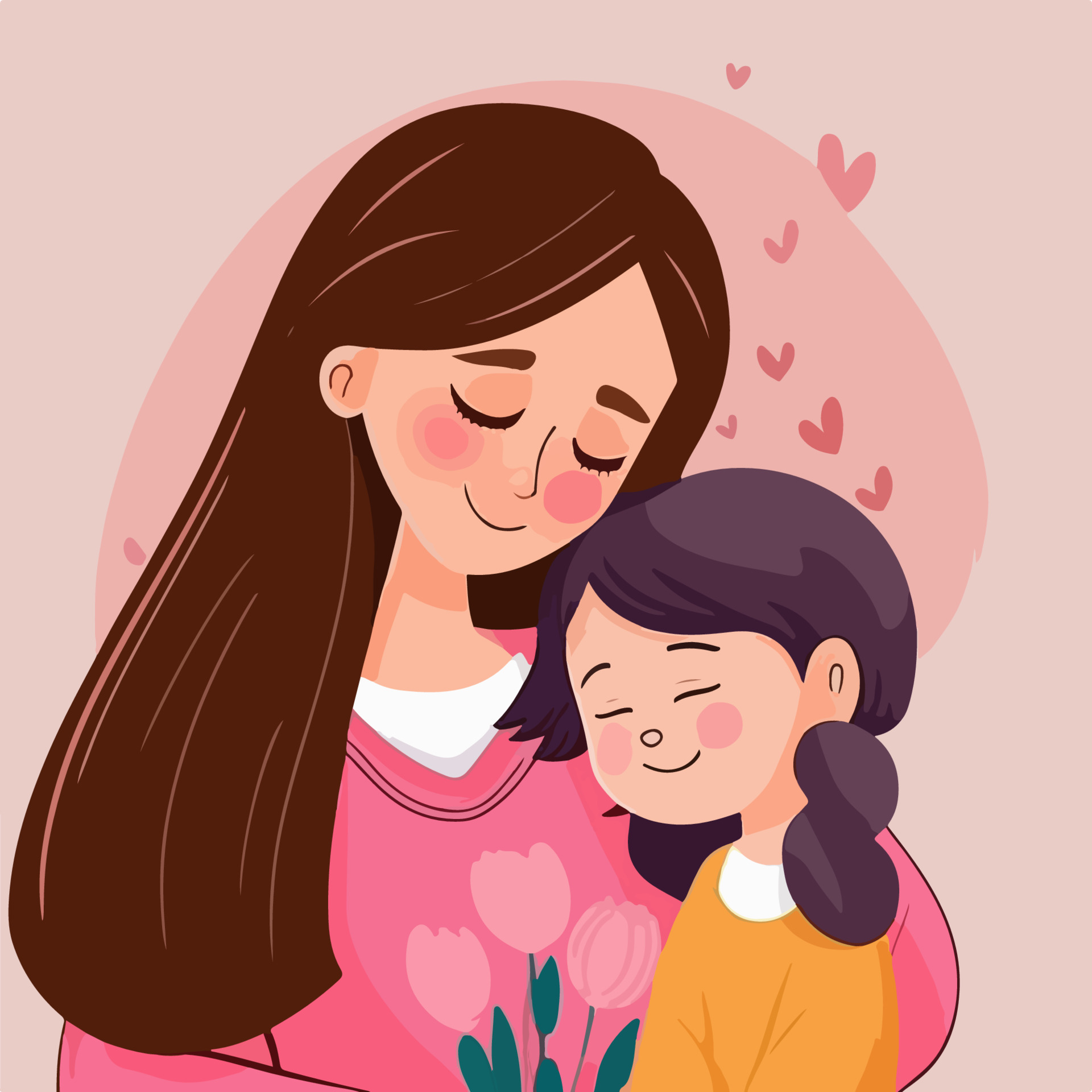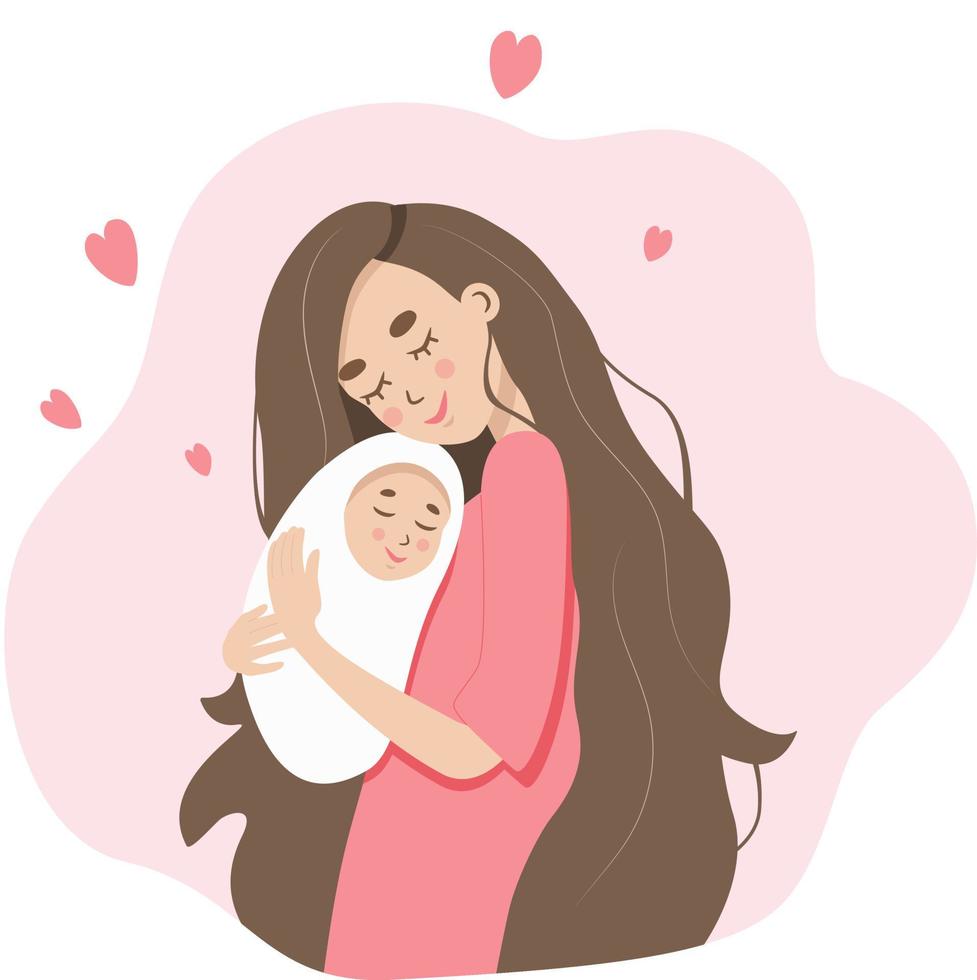Vicki Lawrence: The Enduring Legacy Of Mama's Family Matriarch
IntroductionThe Genesis of Thelma Harper: From Carol Burnett to Mama's FamilyVicki Lawrence: A Biography Beyond MamaThe Enduring Appeal of Mama's FamilyMama's Family and Societal Reflections on MotherhoodHealth, Family, and Public Awareness: Lessons from "Mama"The Evolution of Family Entertainment and Public FiguresVicki Lawrence's Continued Impact and LegacyConclusion
In the annals of television history, few characters have left as indelible a mark as Thelma Harper, the sharp-tongued, no-nonsense matriarch from the beloved sitcom Mama's Family. Portrayed with unparalleled comedic timing and depth by the incredibly talented Vicki Lawrence, Mama became an icon, a symbol of family dynamics that resonated with millions across generations. This article delves into the remarkable career of Vicki Lawrence, exploring her journey from a young performer on The Carol Burnett Show to becoming the unforgettable face of Mama's Family, and examines the show's lasting cultural impact, particularly its reflections on family, health, and the broader concept of motherhood in society.
The enduring popularity of Mama's Family, centered around Vicki Lawrence's iconic portrayal, speaks volumes about its ability to capture the complexities and humor of everyday family life. From its humble beginnings as a recurring sketch to its own successful spin-off, the series offered a window into the Harper household, where laughter, squabbles, and genuine affection intertwined. Beyond the comedic brilliance, the show subtly touched upon themes that continue to be relevant today, from intergenerational relationships to the challenges and joys of raising a family, making Mama's Family Vicki Lawrence a topic of timeless interest for fans and cultural observers alike.
The Genesis of Thelma Harper: From Carol Burnett to Mama's Family
The character of Thelma Harper, affectionately known as Mama, first burst onto the scene as part of "The Family" sketches on The Carol Burnett Show in the late 1970s. These sketches, set in a rural Southern home, showcased the dysfunctional yet deeply loving interactions of the Harper family. Vicki Lawrence, then a young performer on the show, took on the role of the elderly, opinionated matriarch, a character far beyond her actual age. Her transformation was so convincing, her portrayal so nuanced, that Mama quickly became a fan favorite, often stealing scenes with her biting wit and unexpected moments of tenderness.
The success of "The Family" sketches paved the way for a spin-off series. In 1983, Mama's Family premiered, giving Thelma Harper and her kin their own dedicated platform. The show expanded on the established dynamics, featuring Mama's children, Eunice (played by Carol Burnett in early episodes) and Vint, along with other family members and neighbors. Vicki Lawrence's commitment to the role was unwavering, and she continued to embody Mama with a blend of exasperation, wisdom, and a surprising amount of heart. The series explored the daily trials and tribulations of the Harper family, often finding humor in their squabbles and the clash of generations. The show's ability to mirror the relatable absurdities of family life contributed significantly to its longevity and cemented Mama's Family Vicki Lawrence as a cornerstone of 1980s television comedy.
Vicki Lawrence: A Biography Beyond Mama
Vicki Lawrence's career is far more extensive than her iconic role as Mama. Born Vicki Ann Axelrad on March 26, 1949, in Inglewood, California, she began her journey in entertainment at a young age. Her big break came when she sent a fan letter to Carol Burnett, leading to an audition and ultimately a spot on The Carol Burnett Show when she was just 18 years old. She quickly proved her versatility, excelling in various comedic roles, musical numbers, and dramatic sketches, earning an Emmy Award for her work on the show.
Beyond comedy, Vicki Lawrence also achieved success in music. In 1973, she released the hit single "The Night the Lights Went Out in Georgia," which reached number one on the Billboard Hot 100 chart. Her musical career showcased a different facet of her talent, proving she was a multifaceted performer capable of captivating audiences across different mediums. Throughout her life, Vicki Lawrence has maintained a strong connection to her roots and her family, often sharing insights into her personal life, including her experiences as a mother and grandmother. This genuine approach to her public persona further endeared her to fans, adding another layer to the public's appreciation for the woman behind Mama's Family Vicki Lawrence.
Personal Data & Biodata
| Attribute | Detail |
|---|---|
| Full Name | Vicki Ann Axelrad |
| Born | March 26, 1949 |
| Birthplace | Inglewood, California, U.S. |
| Occupation | Actress, Comedian, Singer |
| Spouse(s) | Bobby Russell (m. 1972; div. 1974) Al Schultz (m. 1974) |
| Children | Courtney Allison Schultz (daughter) Garrett Lawrence Schultz (son) |
| Notable Roles | Thelma Harper (Mama's Family) Various characters (The Carol Burnett Show) |
| Awards | Emmy Award (The Carol Burnett Show) |
The Enduring Appeal of Mama's Family
Mama's Family resonated with audiences because it presented a relatable, albeit exaggerated, depiction of family life. The show's humor stemmed from everyday situations – family dinners, holiday gatherings, and sibling rivalries – making it accessible to a wide demographic. Mama's directness, often bordering on bluntness, was a refreshing change from more sanitized portrayals of family. She wasn't a perfect mother or grandmother, but she was real, with her own flaws, prejudices, and a deep-seated love for her family, even if she expressed it through sarcasm.
The show's longevity in syndication is a testament to its timeless appeal. Generations of viewers have discovered the Harper family, finding comfort and laughter in their antics. The characters, from the perpetually put-upon Vint to the flamboyant Iola Boylen, became household names, each contributing to the show's unique charm. The series offered a form of escapism, allowing viewers to laugh at the familiar chaos of family life without having to live through it themselves. This universal appeal, coupled with Vicki Lawrence's masterful performance, solidified Mama's Family Vicki Lawrence as a cultural touchstone that continues to entertain and connect with new audiences today.
Mama's Family and Societal Reflections on Motherhood
While a comedy, Mama's Family inadvertently offered a lens through which to view societal expectations and realities of motherhood, particularly in a traditional Southern context. Mama, as the matriarch, embodied a specific type of mother – one who is the glue of the family, often burdened by its problems, yet fiercely protective. Her character, though exaggerated for comedic effect, touched upon the universal challenges of raising children, dealing with adult offspring, and navigating the complexities of extended family relationships.
The show's portrayal of Mama's struggles, from financial woes to health concerns, resonated with many viewers who saw reflections of their own mothers or grandmothers. It highlighted the resilience and often unsung sacrifices of mothers. In a broader sense, the show, like the Swedish "Mama" magazine that often features stories of real-life mothers, provided a platform for discussions around the diverse experiences of motherhood. For instance, just as "Nina Zanjani is with in the new season of 'The Meaning of Life'," sharing her story, and "For mama she tells about her own motherhood," Vicki Lawrence's portrayal of Mama gave a voice, albeit a comedic one, to the everyday realities of maternal life. This connection to the lived experiences of mothers, whether through fictional characters or real-life profiles like influencer Clara Diefke becoming a "two-child mother to a little boy" and experiencing a birth "completely different from her first," underscores the show's subtle yet profound impact on how audiences perceive and discuss the role of mothers in society.
Health, Family, and Public Awareness: Lessons from "Mama"
Beyond the laughs, the themes within Mama's Family, and indeed the broader discussions around motherhood, often intersect with critical issues of health and well-being. While the show didn't directly tackle serious health crises, the very fabric of family life it depicted often highlighted the importance of care, support, and navigating life's challenges. In the real world, the concept of "mama" extends to those who nurture and protect, often facing difficult circumstances. For example, the "Data Kalimat" mentions "Rissa has three biological children and three bonus children, of whom the youngest is seriously ill." This real-life scenario, while distinct from the fictional Harper family, underscores the profound health concerns that mothers and families often confront, a reality that resonates with the protective instincts of a matriarch like Mama Harper.
The role of institutions and experts in supporting families, especially concerning health, is also paramount. The reference to "Ann Olsson, midwife and quality developer at Danderyd Hospital's women's clinic, has met many" individuals dealing with the intricacies of childbirth and maternal health. This highlights the crucial support systems available to mothers, whether it's navigating a "birth that was completely different from her first" or ensuring the well-being of a new baby. Furthermore, public awareness campaigns, often championed by organizations or media outlets like a "Mama" publication, play a vital role. The mention of "cancer substance in children's clothing in Sweden" is a stark reminder of the importance of consumer safety and the need for vigilance in protecting vulnerable family members. This kind of information, often "published 27 maj 2025 kl 11.24 updated kl," (even if a future date, it signifies ongoing public health discourse) emphasizes the continuous efforts to ensure a safe environment for children, a concern that any "mama" would prioritize. The academic involvement, such as "Barn & baby / stockholms universitet," further solidifies the commitment to research and understanding in the field of child health and development, providing evidence-based insights that can inform parents and caregivers, much like the practical tips provided for "a successful tip walk for children between five to ten years."
Navigating Challenges: From Childhood Illness to Consumer Safety
The narrative of family life, whether fictional or real, is often punctuated by challenges that test resilience. The emotional and practical burden of a "youngest [child] who is seriously ill" is immense, requiring not only medical care but also immense emotional strength from parents. Such situations underscore the critical need for robust healthcare systems and community support, which are often discussed in family-focused media. Similarly, the concern over "cancer substance in children's clothing in Sweden" brings to light the broader issue of consumer product safety. Parents, guided by reliable information, must make informed choices to protect their children. This vigilance is a modern extension of a mother's traditional role as protector, ensuring the well-being of her offspring against unseen threats.
The "Mama" publication, as referenced in the "Data Kalimat," serves as a conduit for such vital information, offering "tips and questions for a successful tip walk for children between five to ten years" or guidance on "what to think about when you make a tip walk for children." These seemingly simple activities, when combined "with a walk in the neighborhood, which the children can document," promote physical activity and engagement, contributing to overall health and development. These practical tips, alongside expert insights from midwives like Ann Olsson, form a holistic approach to supporting families. The continuous effort to provide updated information, as suggested by the "published 27 maj 2025" timestamp (even if hypothetical for a future piece), highlights the dynamic nature of health and parenting advice, where "the three top names have thus not changed much in recent years, something statistician Caroline Ledin who worked with the tax agency's list confirms for mama," indicating a blend of stability in core values and evolving knowledge in the field of family well-being.
The Evolution of Family Entertainment and Public Figures
The landscape of family entertainment has evolved significantly since Mama's Family first aired, yet the core desire for relatable characters and stories endures. While traditional sitcoms like Mama's Family Vicki Lawrence once dominated, today's audiences engage with family narratives across a myriad of platforms, from streaming series to social media. Public figures, too, have transformed their relationship with their audience. The rise of influencers, like "influencer profile Clara Diefke from Falun," who openly share their journey into motherhood, reflects a shift towards more personal and immediate connections. Clara's experience of becoming a "two-child mother to a little boy" and her "birth became completely different from her first" are stories shared in real-time, offering raw and unfiltered glimpses into the realities of modern parenting.
This transparency, while different from the carefully crafted comedic narratives of the past, serves a similar purpose: to connect, inform, and entertain. The public's fascination with the personal lives of figures like Nina Zanjani, who is "with in the new season of 'The Meaning of Life'," and who "tells about her own motherhood" to "mama," indicates a continued interest in how individuals navigate life's most profound experiences. These contemporary narratives, whether through reality TV or social media, echo the underlying human desire to understand and empathize with others' journeys, much like viewers connected with the fictional Thelma Harper. The evolution isn't about replacing classic shows but rather expanding the ways in which stories of family, struggle, and triumph are told and consumed.
Modern Motherhood: Echoes in the Digital Age
Modern motherhood, as depicted by influencers and public figures, often involves a candid sharing of experiences that were once kept private. This open dialogue, facilitated by digital platforms, allows for a broader discussion on topics ranging from the emotional toll of childbirth to the practicalities of raising children. The "Data Kalimat" snippets, such as "Rissa has three biological children and three bonus children, of whom the youngest is seriously ill," or the details about Clara Diefke's contrasting birth experiences, resonate deeply within online communities. These personal anecdotes contribute to a collective understanding of the diverse paths and challenges mothers face, fostering empathy and shared knowledge.
In this digital age, the concept of "mama" extends beyond individual households to a global network of support and information. Online forums and social media groups serve as virtual "tip walks," where parents can exchange advice on everything from children's activities to health concerns. The "tips and questions for a successful tip walk for children between five to ten years" can easily be translated into an online guide, demonstrating how traditional advice finds new life in digital formats. This interconnectedness allows mothers to feel less isolated, finding solidarity and practical solutions in a world that can often feel overwhelming. The ongoing relevance of "mama" as a figure of guidance and support, whether through a beloved sitcom character like Mama's Family Vicki Lawrence or a contemporary influencer, remains a testament to the universal and enduring power of maternal figures in society.
Vicki Lawrence's Continued Impact and Legacy
Even decades after Mama's Family concluded its original run, Vicki Lawrence's influence on television and comedy remains significant. She continues to tour with her one-woman show, "Vicki Lawrence and Mama: A Two-Woman Show," which blends stand-up comedy, music, and the return of her beloved character. This enduring connection with her audience highlights the timeless appeal of her work and the deep affection people have for Mama Harper. Lawrence has also been an advocate for various causes, including chronic idiopathic urticaria (CIU) awareness, sharing her personal experiences to help others. This commitment to using her platform for public education further solidifies her role as a trusted and authoritative voice.
Her legacy extends beyond entertainment; it encompasses the joy and understanding she brought to millions through her portrayal of a complex, relatable matriarch. Mama's Family Vicki Lawrence isn't just a nostalgic trip down memory lane; it's a testament to the power of character-driven comedy that taps into universal truths about family, love, and resilience. As long as families continue to navigate the ups and downs of life, the wisdom, wit, and occasional exasperation of Mama Harper will continue to resonate, ensuring Vicki Lawrence's place as a true icon of American television.
Conclusion
Vicki Lawrence's portrayal of Thelma Harper in Mama's Family created a character that transcended the sitcom format, becoming a cultural touchstone that continues to entertain and resonate with audiences worldwide. Her journey from a young talent on The Carol Burnett Show to a beloved comedic icon is a testament to her versatility, dedication, and profound understanding of human nature. The show, through its humorous lens, offered insights into the complexities of family life, the enduring role of motherhood, and the universal challenges and joys that bind us together.
As we've explored, the themes within Mama's Family, much like the real-life stories shared in publications like "Mama," connect with broader societal discussions on health, family well-being, and the evolving nature of public figures. Vicki Lawrence's legacy is not just about the laughter she brought but also the subtle ways her character reflected and informed our understanding of family dynamics. We encourage you to revisit the classic episodes of Mama's Family and share your favorite Mama moments in the comments below. What aspects of Mama's Family Vicki Lawrence resonated most with you? Your insights help us continue the conversation about this timeless piece of television history.
- Where Are The Property Brothers Filmed
- Onlyfan Leak
- Frannie And Matt Still Together
- Yurtgirlsophie Leaked
- Megnut Leaked

mamá y niños abrazo ilustracion dibujos animados madres día niño marrón

Mother day cartoon illustration. Mother hugging her daughter. 20146787

madre joven y bebé recién nacido. mujer feliz abrazando cuidadosamente